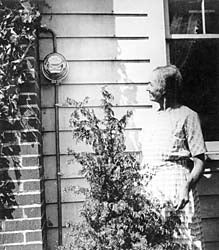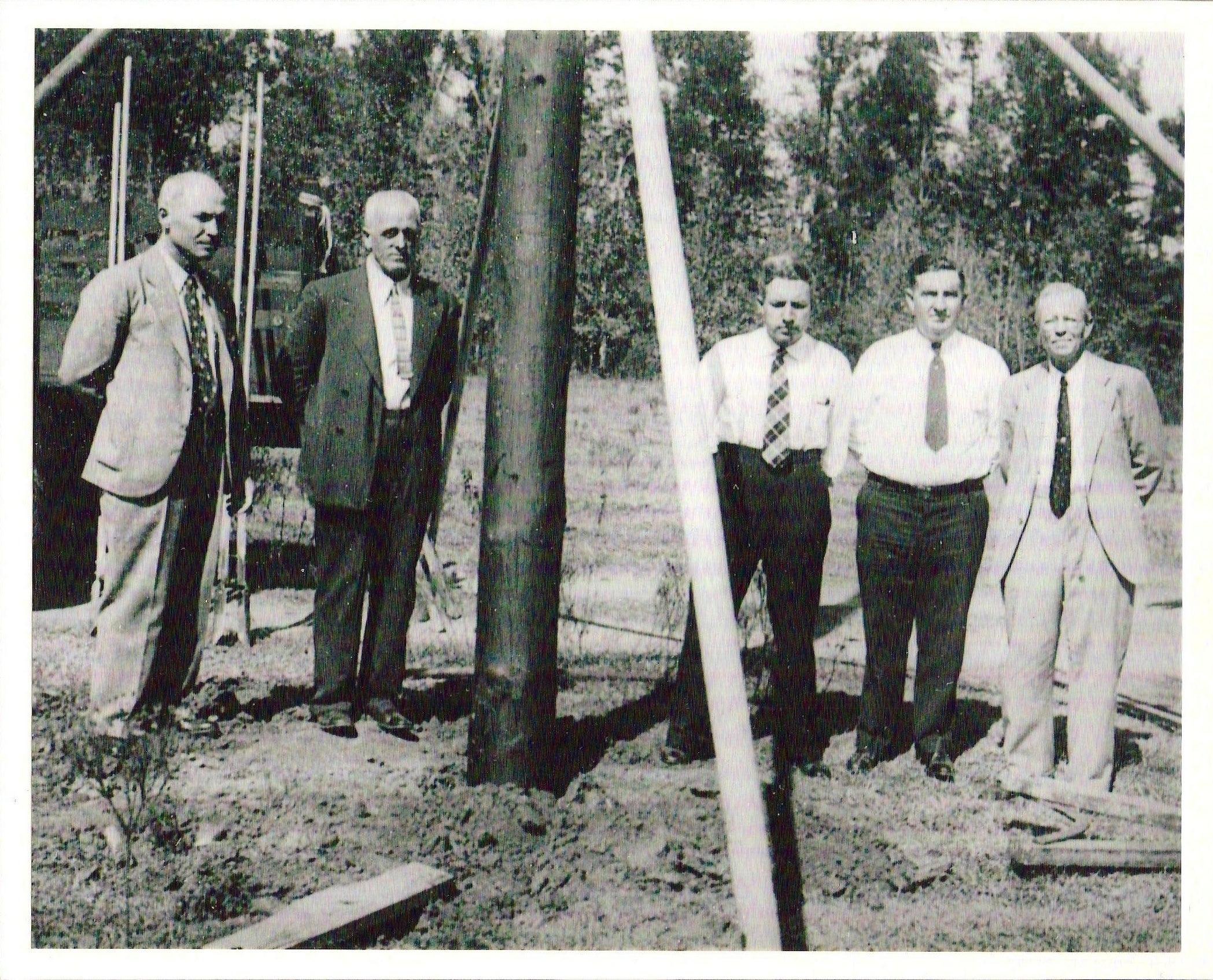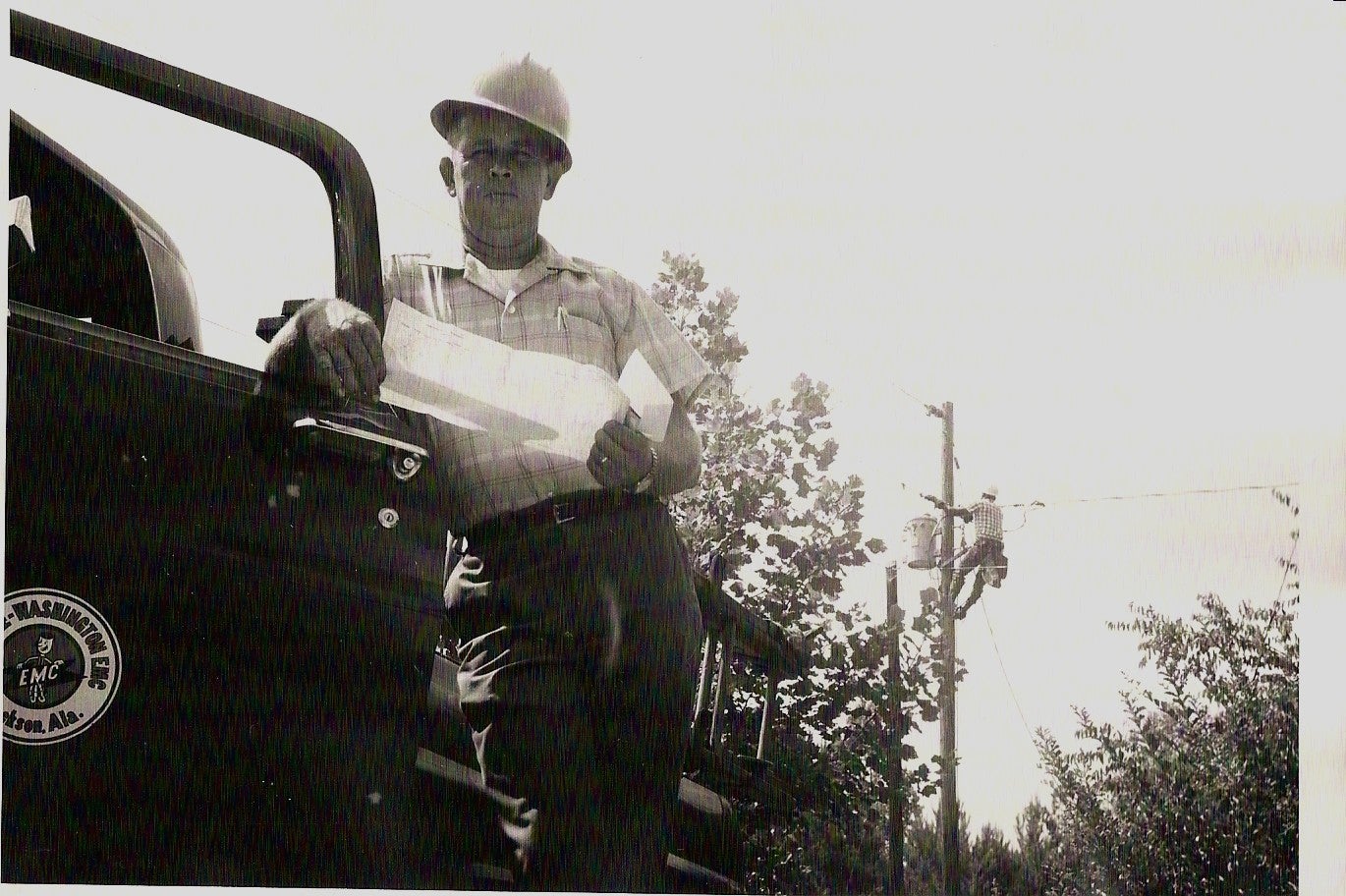Outages: 800.323.9081
"SERVICE FIRST" IS PRIME OBJECTIVE
Clarke-Washington EMC is presently engaged in a work plan, which involves upgrades and improvements to provide better service all over the system. This work plan is being implemented without an increase in rates. “Service First,” has always been the prime objective of Clarke-Washington EMC, and the cooperative continues every possible effort to serve its members while providing them with all the electricity they want and need, when and where they want it, dependably and at the lowest possible rates.
The entire distribution system continues to utilize the latest state-of-the-art equipment. Lines are kept clear with an extensive right of way clearance and tree-trimming program and, as demand grows, lines are upgraded and capacity is increased to effectively handle the extra load. Clarke-Washington EMC has one of the best outage records of any cooperative in the area, despite the many heavily forested sections of its service area.
Today, rural residents in every part of the Clarke-Washington EMC service area have access to electricity, and with it the same living conveniences which their city neighbors enjoy, and they’re using more and more electricity every year.
The first year of operation, each Clarke-Washington EMC members average use was only 30-kilowatt hours per month. Back then, most families had a single drop cord in each room, and that was all the electricity they used.
Throughout its 90 year history, Clarke-Washington EMC leaders have not been content just to provide electricity and the higher living standards and conveniences it makes possible. The cooperative has been in the forefront of many efforts to help assure that the residents of this area have every available program to enhance their comfort and safety.
Looking to the future, Clarke-Washington EMC is poised and ready to serve the increasing demands for electrical service, which our growing area seems sure to need. No longer is the cooperative a vision in the minds of progressive and farsighted community leaders, it is now an established and proven system, serving us well.
Thus, while cooperative leaders look back with thankfulness and pride on Clarke-Washington EMC’s years of dedicated service, they are also looking ahead toward brighter days and even higher levels of service.



